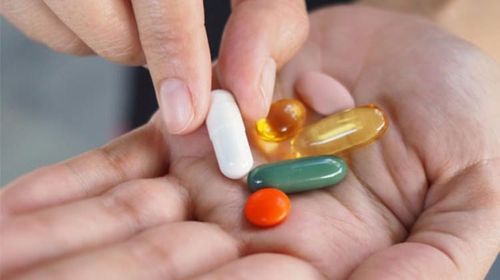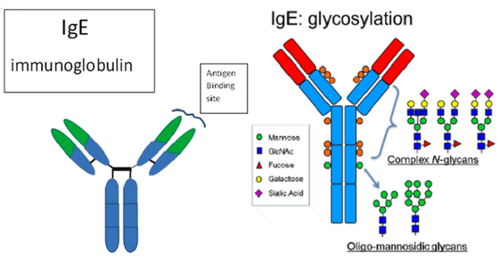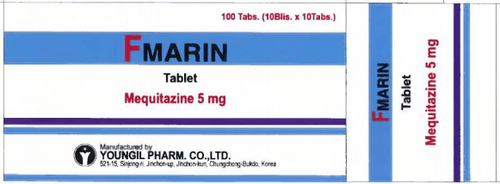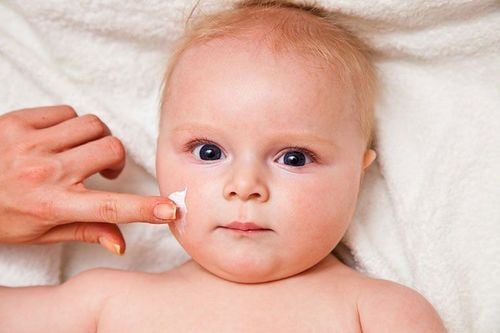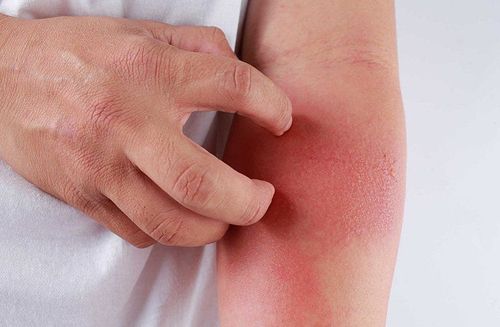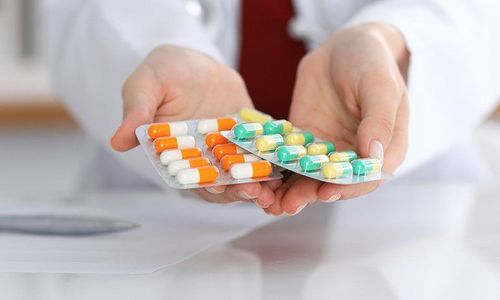This is an automatically translated article.
Pollen allergy is a common phenomenon, especially during the blooming season. Allergic reactions occur because the immune system recognizes pollen as a foreign particle that has entered the body and needs to be destroyed. The release of substances that kill pollen causes allergy symptoms that are uncomfortable for many people.1. Causes of pollen allergy
Pollen is one of the most common allergens. Allergic reactions to pollen come from the immune system. Instead of recognizing pollen as harmless particles when entering the body, the immune system sees it as a foreign object that needs to be destroyed. The reason for this false identification is because the composition of pollen contains substances such as protein, cellulose, pentose, dextrin, phosphorus that easily stimulate immune responses.
Allergenic pollens are usually very small in size, usually less than 0.5mm. Pollen from plants, wind-pollinated plants are more likely to cause allergies than other flowering plants. Pollen allergies usually don't cause serious health problems, but they can be frustrating due to immune system reactions.
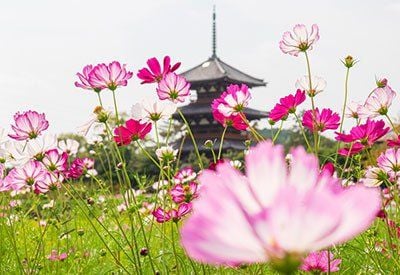
Histamin chính là nguyên nhân gây ra các triệu chứng dị ứng
2. Symptoms of pollen allergy
Histamine is the main cause of allergy symptoms. The immune system produces histamine to fight the pollen invasion. The level of histamine secreted depends on the location, the amount of pollen and the time of pollen exposure. Common symptoms include:Nasal congestion, runny nose Itching sore throat Watering eyes Itching, redness of the eye area Wheezing, difficulty breathing Persistent cough Swollen skin Decreased sense of taste In patients with a history of asthma and some other respiratory diseases, if allergic to pollen, the reaction will often be more severe, causing more discomfort and affecting the patient's health and activities.
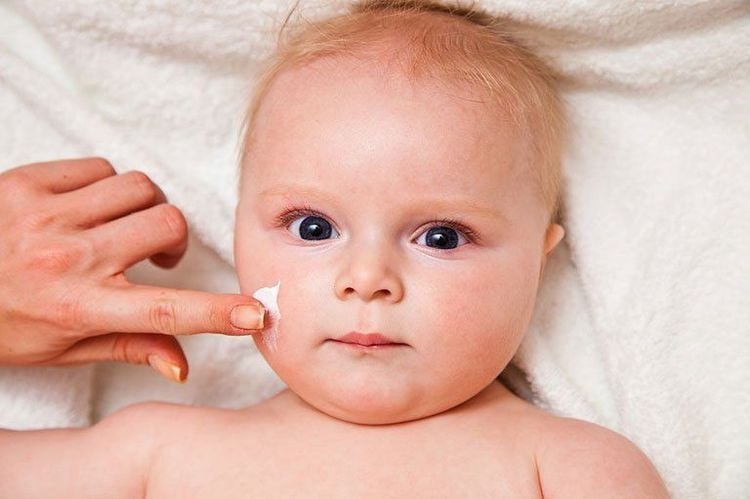
Vì trẻ em là đối tượng nhạy cảm nên rất dễ bị dị ứng phấn hoa
3. Pollen allergy treatment
Depending on the severity of the allergy, the doctor may prescribe the following treatment measures:
Over-the-counter medications: You may be recommended to use some decongestants, nasal sprays for allergic rhinitis to regulate the amount of histamine to help relieve nasal congestion, runny nose and some other symptoms. Prescription medications: If the above medications don't work, your doctor will prescribe stronger allergy medications. Combination of drugs that inhibit the production of allergic histamine and drugs that specialize in the treatment of grass allergies. Injections: If treatment with oral drugs is not effective, the doctor may prescribe injections with the right type and dose.
4. Pollen allergy prevention
Prevent pollen allergies by taking measures to limit your exposure to pollen. Tips for people with pollen allergies during blooming season are as follows:
Limit planting of potentially allergenic flowering plants such as some pollen-producing grasses and shrubs Close all doors indoors Limit drying clothes outdoors, instead use a clothes dryer Wear a mask when going out Limit garden care Regularly clean the house, blankets, sheets, pillows, cushions, at least Once a week Use an air conditioner with an air filter You should see your doctor if your symptoms get worse or if your medication is causing unwanted side effects.
Please dial HOTLINE for more information or register for an appointment HERE. Download MyVinmec app to make appointments faster and to manage your bookings easily.




